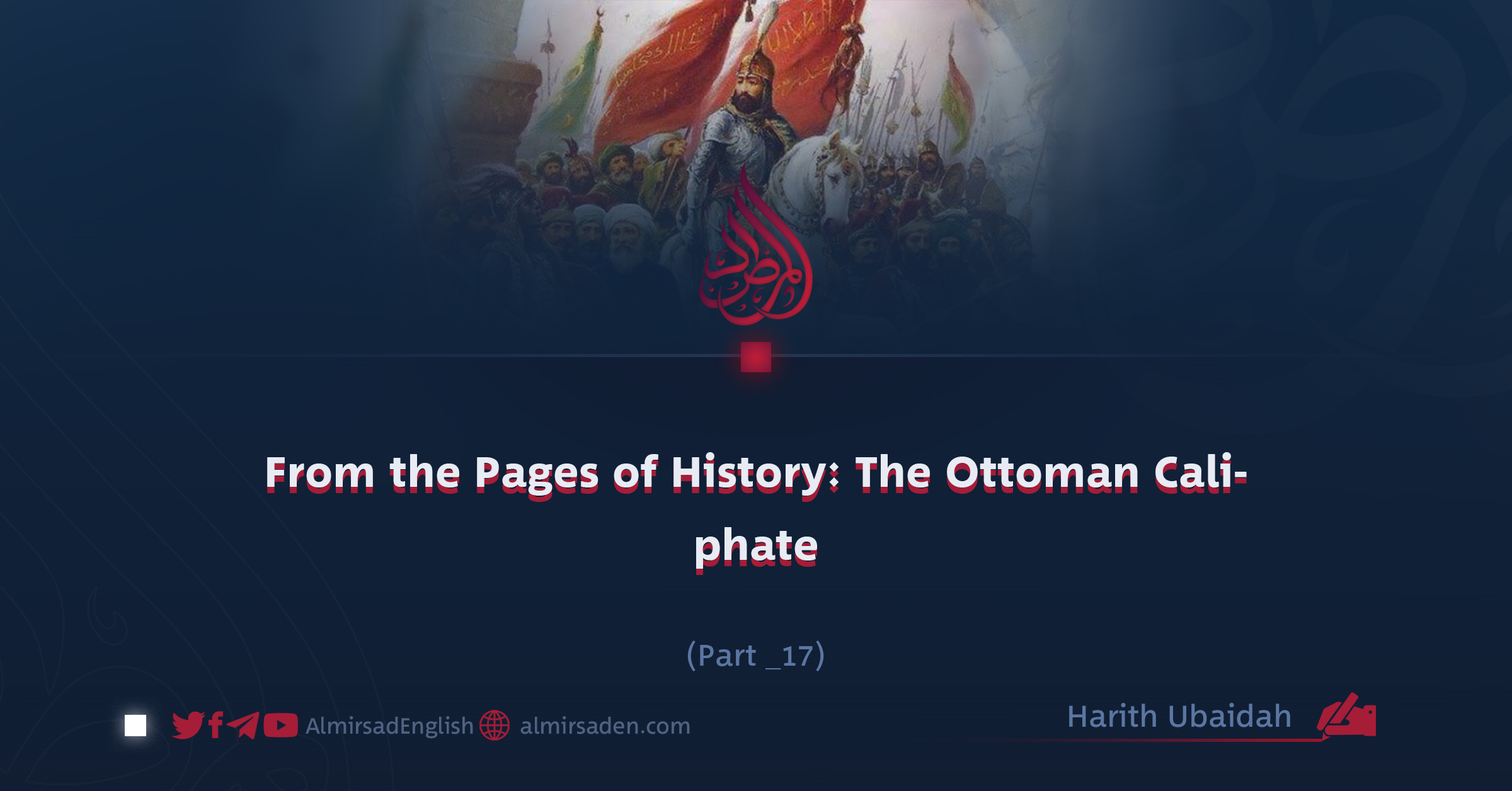Part 17
Harith Ubaidah
Sultan Bayezid I
(791–805 AH / 1389–1402 CE)
Following the martyrdom of Sultan Murad, his son Bayezid ascended to the throne. A valiant and visionary leader, Bayezid was renowned for his patience, scholarly nature, and passionate commitment to Islamic conquests. Driven by a deep sense of duty to expand the frontiers of Islam, he prioritized military affairs and focused his attention on subduing the Christian emirates of Anatolia. Within a short period, he successfully annexed these territories into the Ottoman Empire. His swift and decisive campaigns on both the Anatolian and Balkan fronts earned him the formidable title “as-Sāʿiqah” (The Thunderbolt).
Bayezid’s Strategic Policy Toward the Serbs
Despite Serbia’s prior participation in the anti-Ottoman Balkan coalition, Bayezid pursued a diplomatic strategy and established amicable relations with the Serbian state. His objective was to position Serbia as a buffer zone between the Ottoman Empire and the Kingdom of Hungary. He also saw Serbia as a potentially valuable ally in executing his broader military plans concerning the Islamic and Turkic Seljuk emirates in Asia Minor.
To this end, Bayezid negotiated an agreement under which the sons of the late King Lazar—who had perished at the Battle of Kosovo—would retain control over Serbian territories in accordance with their local customs, traditions, and legal frameworks. In return, Serbia was to maintain friendly relations with the Ottoman Empire, pay regular tribute, and provide auxiliary military forces during wartime. To further consolidate this alliance, Bayezid married King Lazar’s daughter, thereby reinforcing both political trust and dynastic ties.
The Subjugation of Bulgaria
With peace secured on the Serbian front, Bayezid turned his attention to Bulgaria. In 797 AH (1393 CE), he launched a swift and decisive campaign that brought the entire Bulgarian state under Ottoman control. Not only was the territory conquered, but its political autonomy was also permanently abolished.
The fall of Bulgaria reverberated throughout Christian Europe, spreading fear and alarm. The rapid expansion of Ottoman power under Bayezid deeply unsettled European states, prompting efforts to organize a unified Christian response. Long-divided Crusader forces now sought to unite in a desperate attempt to halt the Ottoman advance and expel them from the Balkans.
The Christian-Crusader Coalition Against the Ottoman Empire
A significant reactionary movement emerged, led by King Sigismund of Hungary and Pope Boniface IX, who jointly called for a grand Christian-Crusader coalition to confront Ottoman power. This was the largest alliance of its kind formed in the 14th century against the Ottomans, both in scale and participation.
The coalition drew support from a wide range of European kingdoms and principalities. Military, financial, and logistical resources were pooled, and tens of thousands of troops were assembled. The army was composed of warriors from across the continent, including Germans, French, English, Scots, Swiss, and fighters from southern Europe.
The Battle of Nicopolis
(800 AH / 1396 CE)
The Crusader forces advanced toward Hungary, but internal disputes quickly arose among their commanders—especially between King Sigismund and the other leaders. While Sigismund advocated for a cautious strategy and preferred to await an Ottoman attack, the majority insisted on launching a direct offensive.
Ignoring Sigismund’s advice, the Crusaders crossed the Danube and advanced deep into the northern Balkans, eventually reaching Nicopolis, where they laid siege to the city. Initially, the operation showed promise, as some Ottoman defenses faltered.
However, the tide turned with the arrival of Sultan Bayezid, who brought an army of approximately 100,000 well-disciplined soldiers. Though outnumbered, Bayezid’s forces displayed superior organization, coordination, and combat readiness. The result was a resounding Ottoman victory. The Crusader forces suffered heavy losses; many fled, and several high-ranking commanders were captured.
Aftermath and Bayezid’s Ambitions
The victory at Nicopolis provided the Ottomans with vast spoils, including weapons, provisions, and a large number of prisoners. Emboldened by this triumph and the growing strength of his empire, Sultan Bayezid made a bold proclamation:
“I shall conquer Italy and feed my horse barley at the altar of Saint Peter in Rome,” he declared.



















































